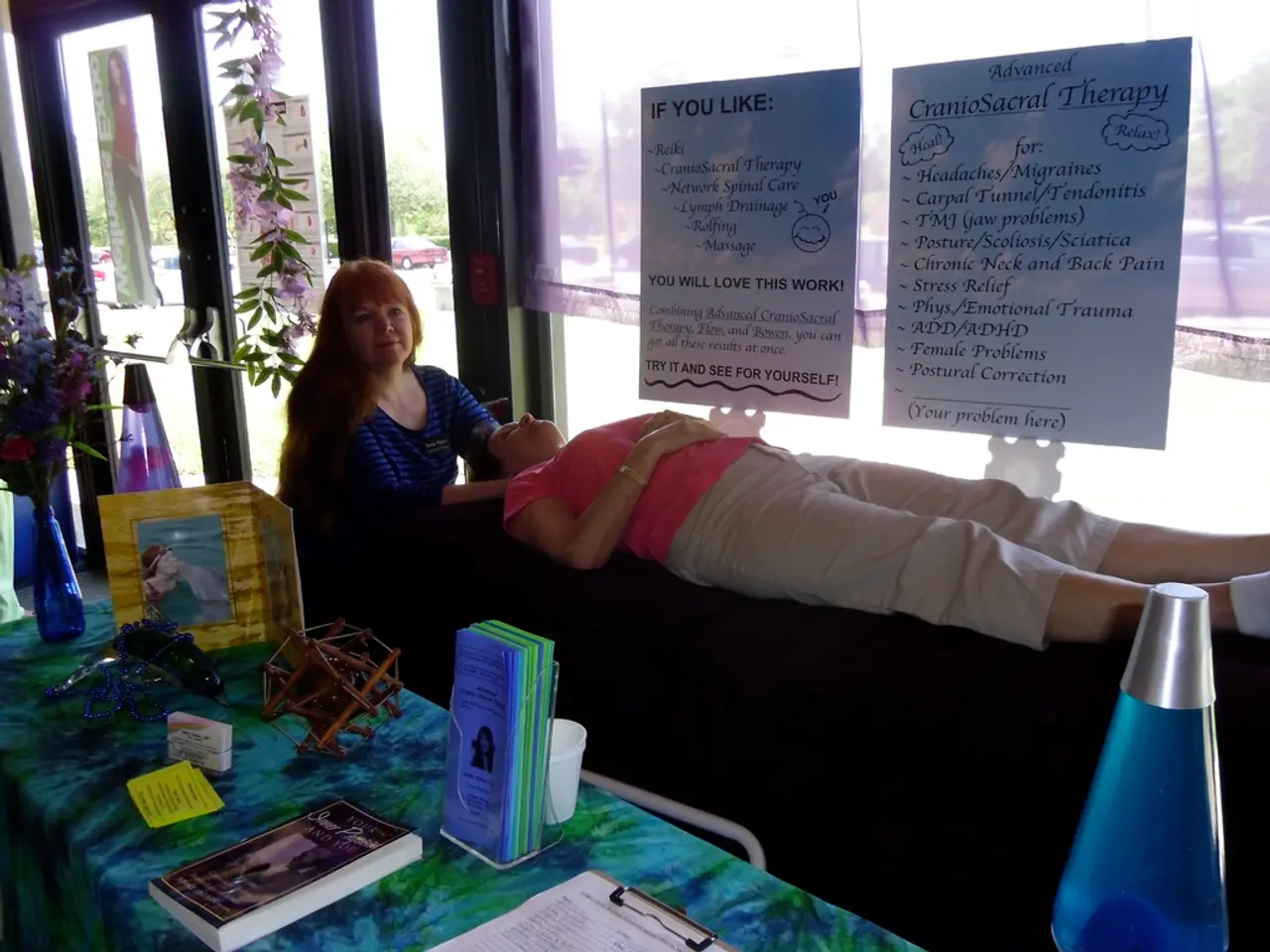Drawing Hasty Conclusions Does Not Always Lead to Delusional Thought Processes
A new study published in Clinical Psychology Review has explored the relationship between a cognitive bias known as "jumping to conclusions" (JTC) and delusional ideation. Conducted by Rose Doherty and colleagues, the study, published in 2025, found no meaningful relationship between the two, challenging a key assumption in the psychosis continuum model.
The study involved 42 studies published between 1988 and 2024, with over 7,600 participants across four groups. The research focused on non-clinical measures of delusional ideation, which means the findings may not apply to people with more severe delusions assessed using clinical tools.
Jumping to Conclusions (JTC) is a cognitive bias often assessed by tasks like the “beads task,” where people decide from limited information which option is correct. Delusional ideation, on the other hand, involves odd or implausible beliefs that do not meet the threshold of clinical delusions but occur in both clinical populations (e.g., psychosis patients) and the general public.
The expectation that greater delusional ideation would correlate with a stronger JTC bias was not supported. This finding was consistent both in diagnosed psychosis patients and in non-clinical individuals experiencing milder delusion-like thoughts.
The study found that people with active delusions tended to make faster decisions than the general population, but this was not associated with higher scores on delusional ideation scales in non-clinical samples. Furthermore, the study found no meaningful relationship between the tendency to jump to conclusions and the strength of delusional beliefs.
The findings imply that targeting the JTC bias in early interventions may have limited impact on preventing delusional ideation in non-clinical groups. The study also suggests that hasty decision-making may not directly cause delusion-like thoughts in people without psychosis.
The study's authors acknowledge that common tasks like the beads task may not accurately reflect real-life decision-making or belief formation. They suggest that future research may benefit from using more ecologically valid tools or examining how other factors like cognitive impairment influence decision-making in people with psychosis.
This study challenges previous assumptions in the field and highlights the complexity of delusional beliefs, encouraging further research into other cognitive biases or factors involved in delusions.
- The new study in Clinical Psychology Review emphasizes the intricacy of delusional beliefs, inspiring continued research into other cognitive biases that might be associated with delusions.
- The research, led by Rose Doherty and colleagues, published in 2025, investigated the link between the cognitive bias known as "jumping to conclusions" (JTC) and delusional ideation, but concluded no meaningful relationship existed.
- The study, involving 42 studies and over 7,600 participants, suggested that targeting the JTC bias in early interventions may not significantly impact preventing delusional ideation in non-clinical groups.
- The study discovered that Jumping to Conclusions (JTC) was not directly associated with the strength of delusional beliefs or hasty decision-making in people without psychosis.
- The field of psychology and health-and-wellness, specifically mental-health, could benefit from further exploration of the factors contributing to delusional ideation and the development of psychotherapy and treatment strategies for those suffering from delusions.




